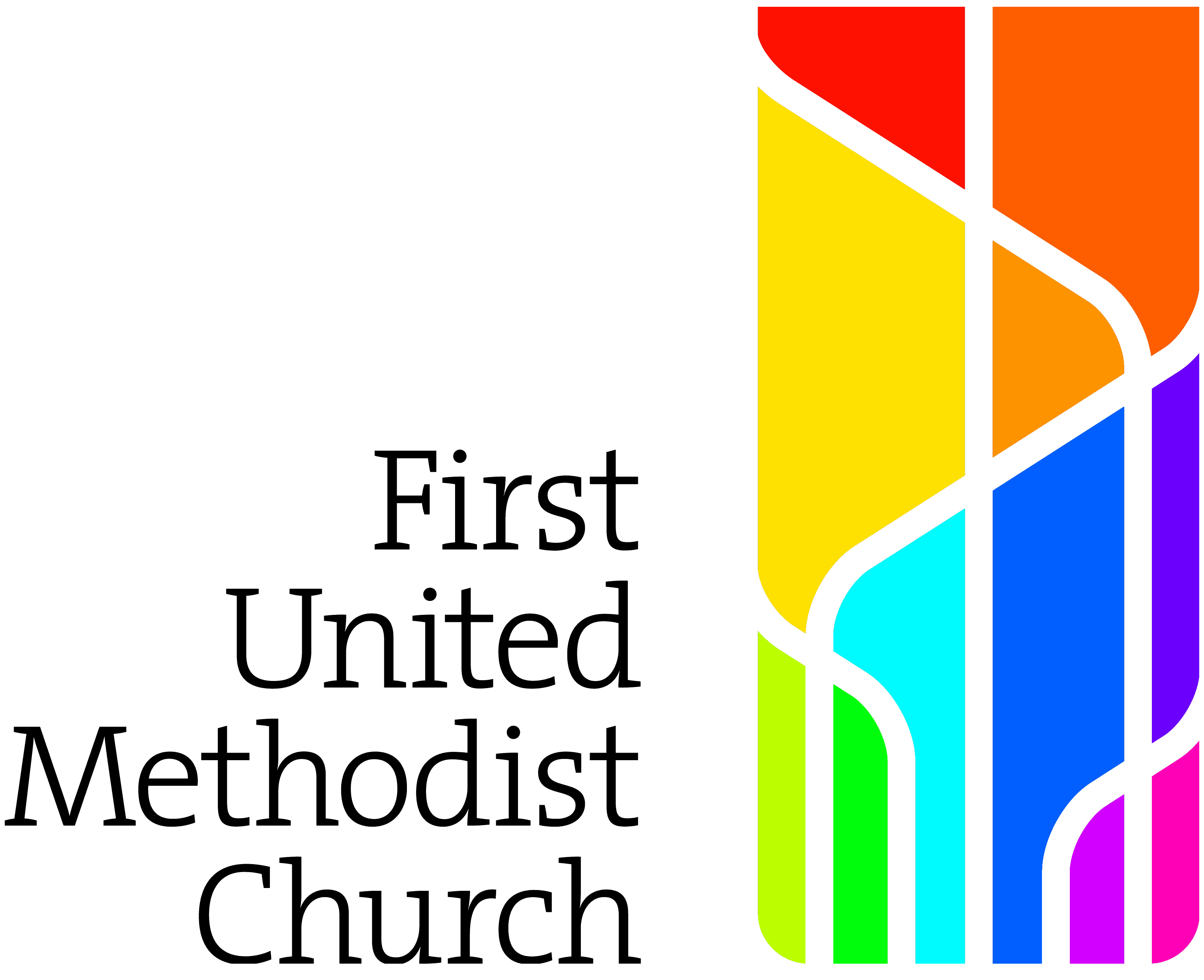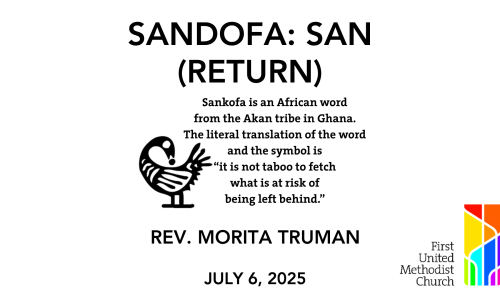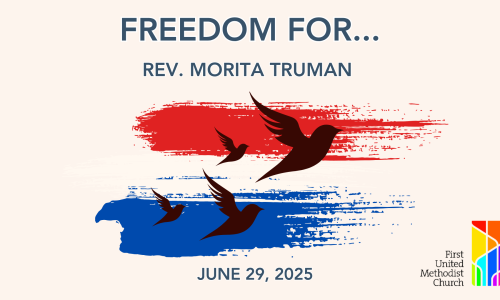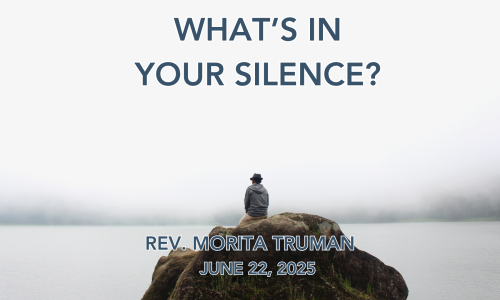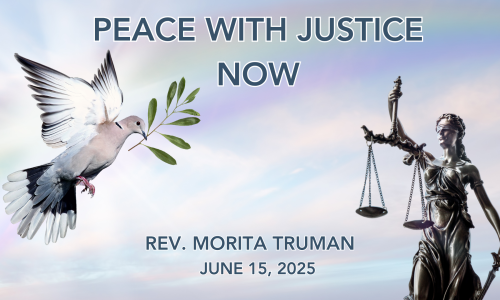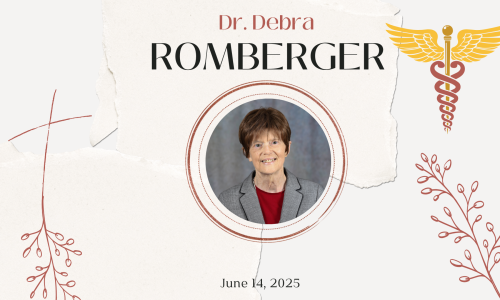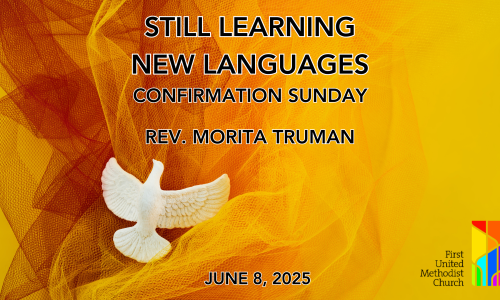Sermon Text: Ruth 1: 6-19a
1 In the days when the judges ruled, there was a famine in the land, and a certain man of Bethlehem in Judah went to live in the country of Moab, he and his wife and two sons. 2 The name of the man was Elimelech and the name of his wife Naomi, and the names of his two sons were Mahlon and Chilion; they were Ephrathites from Bethlehem in Judah. They went into the country of Moab and remained there. 3 But Elimelech, the husband of Naomi, died, and she was left with her two sons. 4 These took Moabite wives; the name of the one was Orpah and the name of the other Ruth. When they had lived there about ten years, 5 both Mahlon and Chilion also died, so that the woman was left without her two sons and her husband.
6 Then she started to return with her daughters-in-law from the country of Moab, for she had heard in the country of Moab that the Lord had considered his people and given them food. 7 So she set out from the place where she had been living, she and her two daughters-in-law, and they went on their way to go back to the land of Judah. 8 But Naomi said to her two daughters-in-law, “Go back each of you to your mother’s house. May the Lord deal kindly with you, as you have dealt with the dead and with me. 9 The Lord grant that you may find security, each of you in the house of your husband.” Then she kissed them, and they wept aloud. 10 They said to her, “No, we will return with you to your people.” 11 But Naomi said, “Turn back, my daughters, why will you go with me? Do I still have sons in my womb that they may become your husbands? 12 Turn back, my daughters, go your way, for I am too old to have a husband. Even if I thought there was hope for me, even if I should have a husband tonight and bear sons, 13 would you then wait until they were grown? Would you then refrain from marrying? No, my daughters, it has been far more bitter for me than for you, because the hand of the Lord has turned against me.” 14 Then they wept aloud again. Orpah kissed her mother-in-law, but Ruth clung to her.
15 So she said, “See, your sister-in-law has gone back to her people and to her gods; return after your sister-in-law.” 16 But Ruth said,
“Do not press me to leave you
or to turn back from following you!
Where you go, I will go;
where you lodge, I will lodge;
your people shall be my people,
and your God my God.
17 Where you die, I will die—
there will I be buried.
May the Lord do thus and so to me,
and more as well,
if even death parts me from you!”
18 When Naomi saw that she was determined to go with her, she said no more to her.
19 So the two of them went on until they came to Bethlehem. When they came to Bethlehem, the whole town was stirred because of them; and the women said, “Is this Naomi?”
SERMON – “The Tie That Binds”
I have unknowingly created a theme in my sermons here at First Church. Since I’m not preaching regularly, it is sort of fun for me to pick the things I really enjoy, and a lot of those themes are looking at women in the Bible. I’ve talked about Mary in Advent, Mary Magdalene on Easter. So now we continue the theme by talking about some of my favorite women in the Bible, Ruth and Naomi. Full transparency, though, as a recent seminary grad, I’ll admit I love Biblical commentaries. I love the academic process of looking at each individual word in the Hebrew language, this is fascinating to me. And rather than bore you with the random fun facts I love about this story of Ruth and Naomi, I’m just going to share one. In the Hebrew, Naomi uses the word hesed when she tells Ruth and Orpah to return to their parent’s house. She says, God’s hesed or what we might translate to loving-kindness. It is the recognition that God has promised good things to God’s people. It is the promise of love. This word is also used in one of my favorite scriptures Micah 6:8 when it talks about loving mercy or kindness. This word hesed or loving-kindness has become a mantra for me. I love it so much, much to my parents’ apprehension, I have it tattooed on my left arm. Also, if you ever receive an email or card from me, I will sign it “In loving-kindness” because to me this is central to my belief. But enough about all the fun Hebrew words. Let’s get back to the story.
While this story takes place in the book of Ruth, I personally think the story should really be focused on Naomi. Yes, we call it the book of Ruth, but it should also carry the name of Naomi because this woman is at the heart of the story. She is the one in my mind who takes center stage. A woman who first lost her husband and life partner. Naomi was then lucky enough to have her two sons and they were able to marry, however over the course of a few years both her sons also die. And so, she is just left with two daughters-in-law: Orpah & Ruth. Naomi is in a complete state of grief and loss. And she also is recognizing she has little place in the society. She has no husband and no more male children to care for her. As well, she recognizes she can give Ruth and Orpah absolutely nothing. Without a husband or sons, Naomi is at a low point. And so, she tells the two young women to go home, go back to your parents, and basically, hope they can find you another husband. Naomi pushes them away, most likely out of the societal expectation for unmarried women to marry, but also it seems as though there is a sense for Naomi that she is truly in pain. She feels so down and she feels has nothing else to offer anyone. In her grief, she pushes away Orpah and Ruth. Naomi lets her bitterness at the world get the best of her. She pushes others away. She wishes people to call her “Mara- which means bitterness” She feels empty. Like all the life and joy has been taken away from her.
Personally, I’ve always found the story of Naomi to be an accurate depiction of grief. I can truly empathize with her. Because grief, loss of any kind, whether the loss of loved ones or the changes we each experience. From moving from one job or place to another. For myself, there have been times of loss, often coming at less-than-ideal times. Losing my uncle my freshman year of college, my grandfather my second year of seminary. It was hard and often I could not process the grief. There was pain beyond just losing the life of someone, but also the pain of the past, the past disappointments, but also the guilt of feeling like “could I have done more?” “What if I had gone home sooner?” “What if I had called more?” It is hard. And it is painful to lose someone. There is often a sense of bitterness, a sense of emptiness, feeling like nothing can ever go on. The past year has shown us much of Naomi’s pain. The losses here in our congregation. The loss of time together, to just hug one another or see each other face to face. It has been painful. I know for myself, this year was not at all what I expected. I did not plan to graduate seminary in a global pandemic. I did not expect to see much turnover at the church I was serving. I did not plan to get COVID in the middle of all the changes. And there were times where it really hit me. I, like Naomi, was crying out saying, “I’ve had enough.” I would question and doubt my own abilities. I felt like I was alone. I’m sure many of us have felt this way. Have experienced those moments where we cry out “I’m bitter.” “I’m upset.” And Naomi thought this too.
Yet, Ruth would not let Naomi stay in this moment. Ruth would not let Naomi stay in her bitterness. She was Naomi, not bitterness. Rather than leave Naomi in her bitterness, she clings to her, she holds on to her so tightly. I’m sure Naomi is a bit in shock, “What are you doing?”, “Go back with your sister-in-law.”, “Go back, I am of no use.” But Ruth does not let go. Like a child clinging to a parent or grandparents’ leg, Ruth holds on. She does not let go. And Ruth keeps holding on, boldly proclaiming, “Where you will go, I will go. Where you lodge, I will lodge, your people shall be my people and your God my God.” The Hebrew word translated as cling is dabaq. This word is often used to describe marriages. It is not just simply being clingy which often can have a negative connotation. It is a deep bound. Ruth recognizes in this moment Naomi needs someone to be with her. It is not ever about what Naomi can give Ruth, but it is about Ruth’s deep love for her mother-in-law. Ruth does not stop Naomi from grieving. She does not judge her in this moment, she simply is there to say, “Look I am not leaving you.” “I’m not going back to my home. I am staying with you.” It is a true friendship and bind these women have.
And I think, in this moment Naomi needed Ruth and Ruth needed Naomi. Together, they were bound by a deep love for one another, one which was not about the societal expectations. One that was about unconditional love. I have a friend who lives many miles away, we are separated by time zones, and it can be hard to always catch up. So, we often send each other video messages on our phones. Basically, we play phone tag except instead of a voicemail, we can see each other’s faces. We will talk about our jobs, the frustrations, the hardships, but also the joy we can celebrate with each other. This past week, she sent me a message, simply saying how proud of me she was and that if I ever needed her, to just call. To just reach out and she would be there ready to listen, to get on Skype or Zoom and be with each other. I’ll admit it was nice to know there was someone who was thinking of me in that moment. That even while I would say things are going much better, are less stressful, there is someone who wanted to be there for me no matter what. There was no expectation. And I hope you have someone whom the same could be said. Perhaps you are sitting next to them now. Perhaps you call them on a weekly basis. But there is also that dear friend, the love of our creator, who extends the same grace and love to us. The God who is present with us and binds us to one another in the greatest of all love. A love which cannot be broken but also a love which as the power to break the chains and ties of oppression and pain. And this truly is our calling, to love out of the closeness of our relationship with God, a God who promises to never desert us and who claims a covenant with us.
I know there has been much pain in the church, much loss and grief. We have been like Naomi, yet we continue to live out our mission of the binding love of God. This is why we continue to march in Heartland Pride, because we know God claims each person is of sacred worth, even if the larger church and structures wish to deny this. It is why we welcome our immigrant and refugee families in the church and support them, even if there are many in our community who say, “Go back to where you came from.” This is why we hold forums and educate ourselves on racial injustice and inequalities. This is why we make sure all people have access to the health and mental health care they need. And this is why we make sure the policies ensure all people’s voices will be heard and respected. But even on the day to day, this is why we call up our friends and check in on them. This is why we have small groups whom we can share and open up with one another. This is why we pass the peace and welcome one another into this space because it is out of that deep longing and care for one another. The bond of unconditional love, the tie of God’s love cannot be so easily broken. But is has the power to overcome so much.
Ruth could have easily turned back. She could have walked away from Naomi, leaving her all alone in her bitterness. Yet, Ruth clung. She held on. The bind of love was too strong. And so, will the bind of love be strong? Will we be bound together by love?
